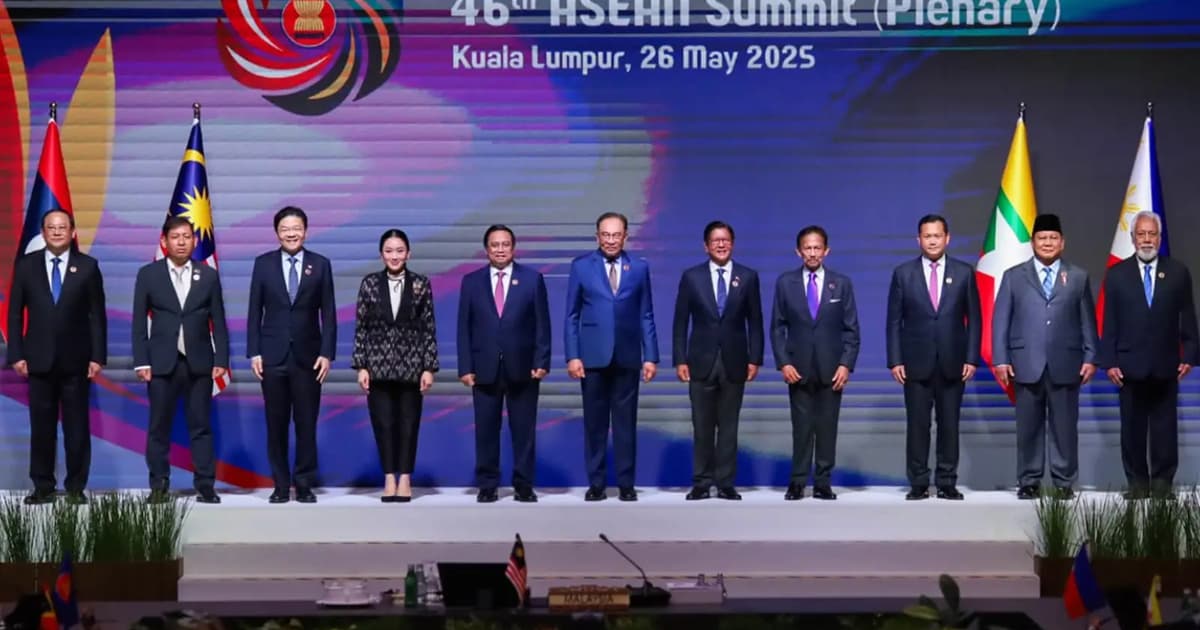
Asean must present itself as a single integrated market if it hopes to stay ahead of rivals in attracting global supply chain investments, says supply chain expert Eugene Tan.
Tan, a programme director for NGO The Conference Board, said the region has been gaining momentum as companies diversified away from China.
However, he warned that fragmentation among member states could blunt this advantage.
“When companies invest, they want both strong local demand and the ability to use that base to export to the West.
“The only way to achieve this is for them to see Asean as a single market, not as individual countries. Otherwise, they may choose to invest elsewhere,” he told the Asean Green Jobs Forum 2025.
Tan said India remained attractive to investors due to its billion-strong population and growing openness to special economic zones that support both domestic supply and exports.
“When investors look at Asean, the key message must be that the region has both a larger existing middle class and a larger emerging middle class than India. But they will only view Asean as an attractive investment destination if they see it as a single market.
“Asean is not competing against each other, but against the world,” he said.
To be viewed as a single market, Tan said Asean must review its policies, tariffs and non-tariff barriers.
He also cited a recent Conference Board survey of global CEOs which found that 78% planned to change their supply chains in the coming years.
Tan said the push for diversification came against a backdrop of overlapping crises – from geopolitical tensions and inflation to AI disruption and new trade barriers – which were driving multinationals to rethink sourcing through onshoring, nearshoring and friendshoring.
“The drivers are clear. It began with the supply chain disruptions during the Covid-19 pandemic.
“Now, with inflation, companies are seeking lower costs, greater proximity to customers, and ways to de-risk their supply chains. Sustainability is also a key factor,” he said.






